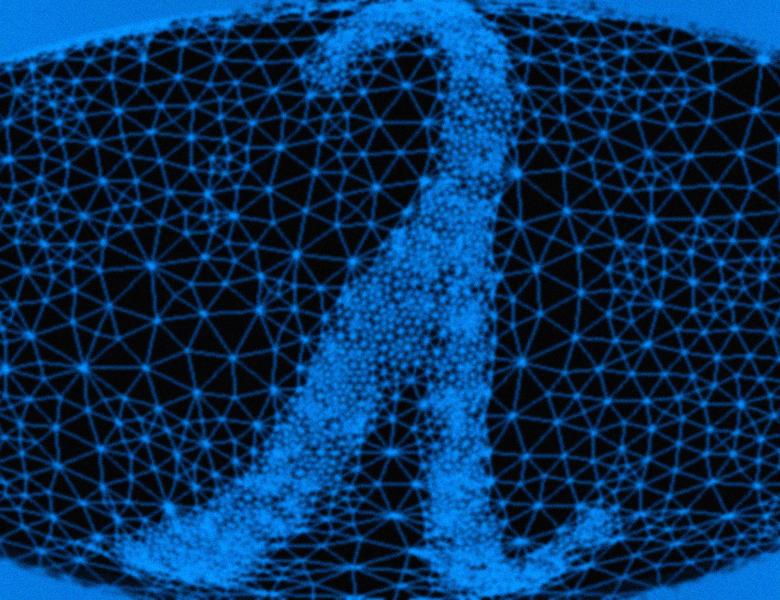
Abstract
We give a polynomial time algorithm for the lossy population recovery problem. In this problem, the goal is to approximately learn an unknown distribution on binary strings of length n from lossy samples: for some parameter mu each coordinate of the sample is preserved with probability mu and otherwise is replaced by a '?'. The running time and number of samples needed for our algorithm is polynomial in n and 1/eps for each fixed mu > 0. This improves on algorithm of Wigderson and Yehudayoff that runs in quasi-polynomial time for any mu > 0 and the polynomial time algorithm of Dvir et al which was shown to work for mu > 0.30 by Batman et al.
The heart of the matter is that we are faced with a certain inverse problem Ax = b, where we are given a noisy approximation to b and the condition number of A is exponentially large. Yet, because we are interested in a single component of x, we can solve this problem despite the fact that it is not well conditioned. Hence, the condition number is not always a barrier to solving statistical inverse problems. Our approach is based on the notion of a robust local inverse (which was introduced in previous work) and we analyze our construction using tools from complex analysis.
This is based on joint work with Mike Saks.


